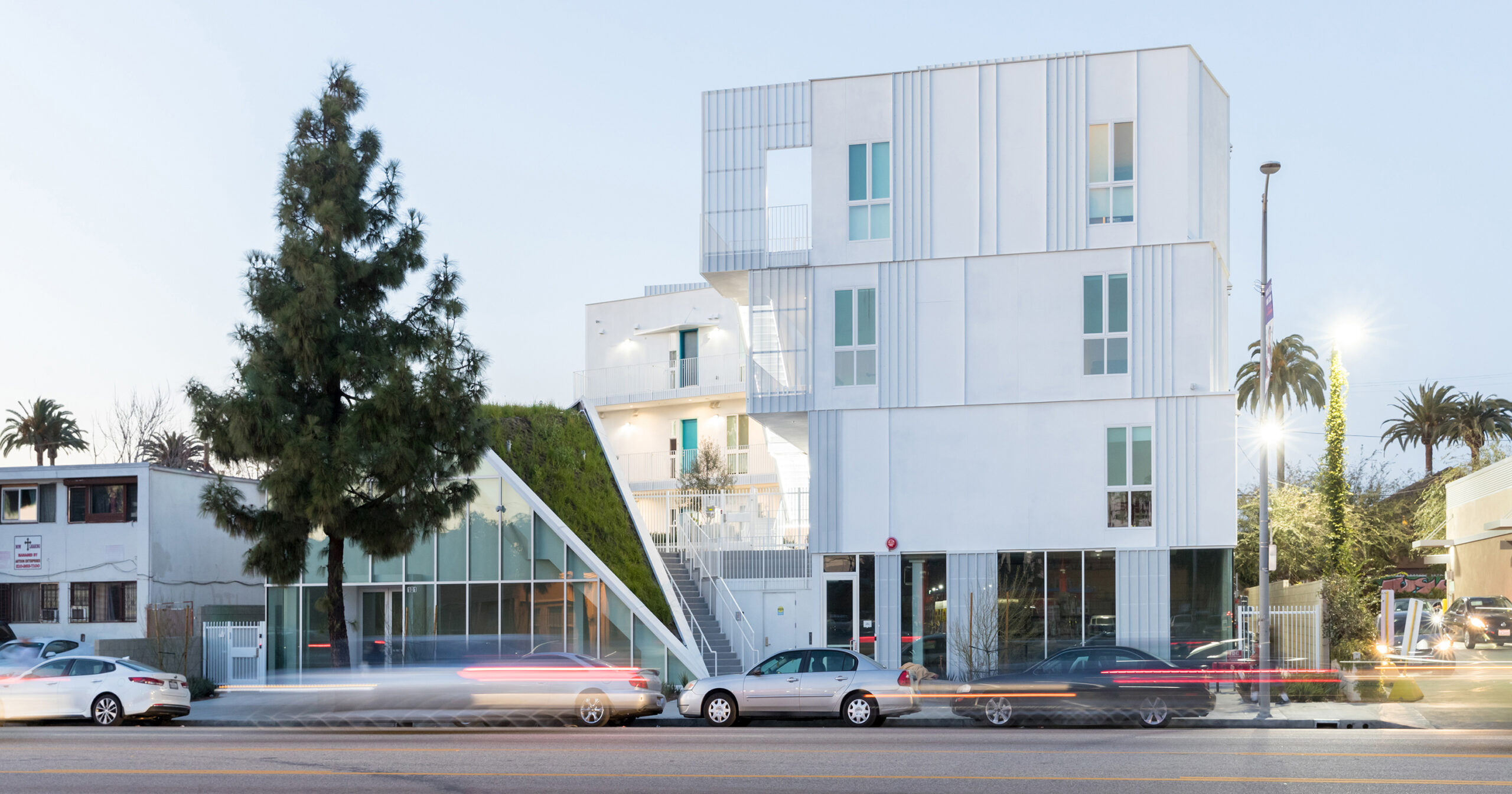A French, a Chinese and a joint US-Hong Kong programme have held on to the three top spots in the FT’s 2021 Executive MBA Ranking, in a year marked by continued pandemic disruption to work and study.
HEC’s Paris International EMBA regained top place, ahead of — in joint second position — the Kellogg/HKUST EMBA in Hong Kong, which led the 2020 ranking, and the China Europe International Business School (Ceibs) Global EMBA in Shanghai.
EMBA alumni three years after graduating continued to command high pay at a time of business uncertainty, with adjusted average salaries sampled in both 2020 and 2021 up from $276,655 to $281,089.
The number of students at leading business schools analysed by the FT fell slightly, year-on-year. Among the 88 schools ranked in both 2020 and 2021, the figure went from 7,932 to 7,616, and among the total of 123 institutions assessed, it dropped from 10,729 to 10,180.
While many elite business schools have continued to attract a strong global mix of students to multiple campuses that they operate alone or in partnership, some smaller and regional schools have suffered in recent months with falling intakes.
FT Executive MBA ranking 2021: the top 100

Find out which schools are in our ranking of EMBA degrees. Learn how the table was compiled.
“We’ve got some schools that have shuttered their doors and some with programmes on hold,” said Michael Desiderio, executive director of Embac, a trade body representing a larger group of nearly 300 EMBA providers, including many in the US. “My gut [says], globally, class size is flat or down, but I don’t see demand falling off a cliff.”
The EMBA typically provides training for managers and executives who have significant prior professional experience and continue to work while studying part-time. The rankings are based on measures such as alumni salaries and how far courses helped them achieve their aims three years after completion, as well as the diversity of student and teaching bodies and the quality of academic research.
The FT’s top three ranked programmes — and many others among the 100 — are offered at multiple campuses around the world, which has allowed the schools to provide a broad range of experiences and greater flexibility during restrictions on movement.
Both HEC Paris and Ceibs operate from their own sites — in France and Qatar, and in China, Ghana and Switzerland, respectively. Kellogg/HKUST’s EMBA is based in Hong Kong but offers students the chance to study part of the course at other campuses worldwide.
Yuan Ding, dean of Ceibs, said pandemic-related travel restrictions and political shifts in China’s relationship with the west had led to “a huge localisation”. He has seen a fall in attendance by foreign students and expatriates, offset by rising demand from nationals for courses taught in Chinese. “We don’t consider globalisation as a fait accompli. You have to offer content with locally relevant topics,” he said.
Kathy Harvey, associate dean for MBA and executive degrees at Oxford’s Saïd Business School, ranked 12th for its EMBA, said class sizes were a little smaller in 2020 and 2021 than before the pandemic, but that application volumes and quality remained strong. She added that employers’ willingness to accommodate remote working had allowed participants to travel to the UK to attend in-person courses after working remotely from a hotel room first if subject to quarantine.
“We found as a single-school programme with a lot of global content, we were not as affected as we thought,” she said, adding that Saïd introduced “owl and lark” sessions so that participants could join or watch recorded discussions at different times.
The rise in online learning has increased the scope for students and guest speakers to participate in EMBAs. Among FT-ranked schools, the proportion of female students increased in 2021 to a third of the total, continuing an increase from a quarter a decade ago. There has been a similar rise in the proportion of female faculty.
Eight of the dozen highest-ranked programmes are run in multiple countries, including the EMBA Global Asia partnership between Columbia, London Business School and the University of Hong Kong, and the Trium Global MBA, a joint degree offered jointly by HEC Paris, the London School of Economics and New York University’s Stern school.
Alongside North America and Europe, China remains one of the most popular locations for EMBAs, although ranked courses are also offered in locations such as Singapore, South Korea, Russia, Turkey, the Gulf, north Africa and Iran.
“The words for the past year were resilience and agility,” said Elizabeth O’Neill, executive director of Trium. “We required it of our teachers, students and staff. We were leading and providing a programme for global leaders who understood because they were in organisations going through incredibly rapid change.”
Schools and alumni reported strong interest from applicants in learning about digital skills and technologies, and wanting to be taught partly online to provide them with greater flexibility to balance study, work and travel.
“The main trend has been a demand for everything digital,” said Andrew Crisp from CarringtonCrisp, an education consultancy. “Students want content on digital transformation, leadership and everything else. They also want some digital delivery — particularly . . . to prepare before they get to the classroom, [to] reduce the number of days away from work.”
Courses ranked by the FT must teach at least 30 students and be hosted by a school accredited by the US-based Association to Advance Collegiate Schools of Business or the European-based Equis system.



More Stories
Why Some Companies Thrive While Others Fail
Inside the Strategies of Disruptive Companies
What Makes Successful Companies Stand Out